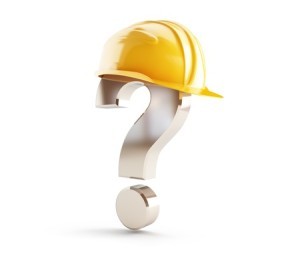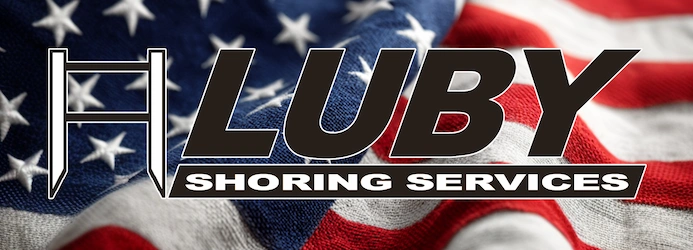 If you’ve gone through competent person training, you likely have heard about the different categories that OSHA has come up with to classify soil on the job site. The competent person is responsible for assessing the soil and determining which trench protective system to use and how to use it in order to make the excavation site safe.
If you’ve gone through competent person training, you likely have heard about the different categories that OSHA has come up with to classify soil on the job site. The competent person is responsible for assessing the soil and determining which trench protective system to use and how to use it in order to make the excavation site safe.
OSHA categorizes soil into four different types:
- The first category is stable rock. OSHA defines stable rock as “natural solid mineral matter that can be excavated with vertical sides and remain intact while exposed.”
- Type A soils are “cohesive soils with an unconfined compressive strength of 1.5 tons per square foot (tsf) (144 kPa) or greater” which include “clay, silty clay, sandy clay, clay loam and, in some cases, silty clay loam and sandy clay loam.”
- Type B soils are “cohesive soils with an unconfined compressive strength greater than 0.5 tsf (48 kPa) but less than 1.5 tsf (144 kPa)” and can include “angular gravel, silt, silt loam, previously disturbed soils unless otherwise classified as Type C, soils that meet the unconfined compressive strength or cementation requirements of Type A soils but are fissured or subject to vibration, dry unstable rock, and layered systems sloping into the trench at a slope less than 4H:1V (only if the material would be classified as a Type B soil).”
- The final classification is type C soils, which are defined by OSHA as “cohesive soils with an unconfined compressive strength of 0.5 tsf (48 kPa) or less” and include “granular soils such as gravel, sand and loamy sand, submerged soil, soil from which water is freely seeping, and submerged rock that is not stable. Also included in this classification is material in a sloped, layered system where the layers dip into the excavation or have a slope of four horizontal to one vertical (4H:1V) or greater.”
This blog just serves as a brief overview of the soil classifications as laid out by the Occupational Safety and Health Administration. For a more extensive breakdown of the different soil classifications, you can visit the OSHA website or attend one of our Competent Person Training class, which is held every month at our headquarters.
Need help deciding which trench protection to choose for the work site conditions you may encounter? Luby Shoring Services can help. Just give us a call at 636-660-7467.
